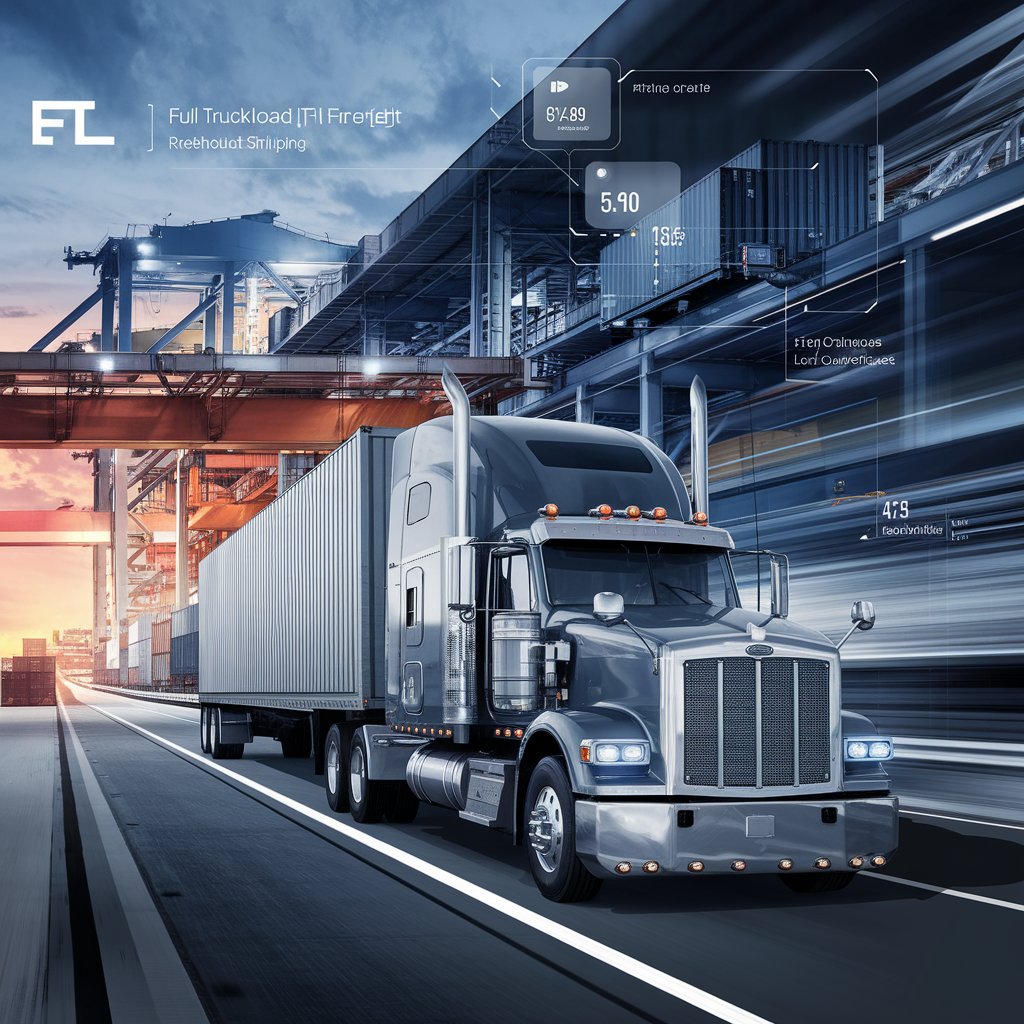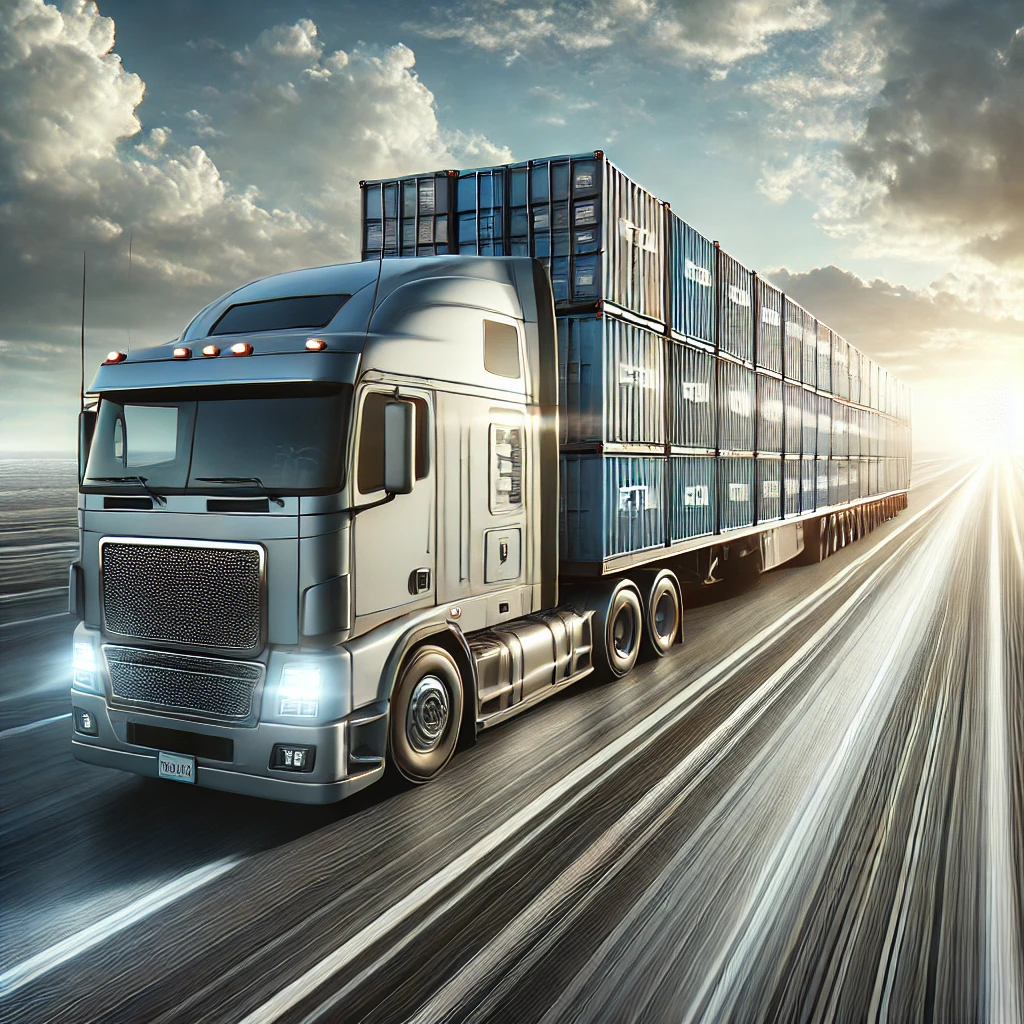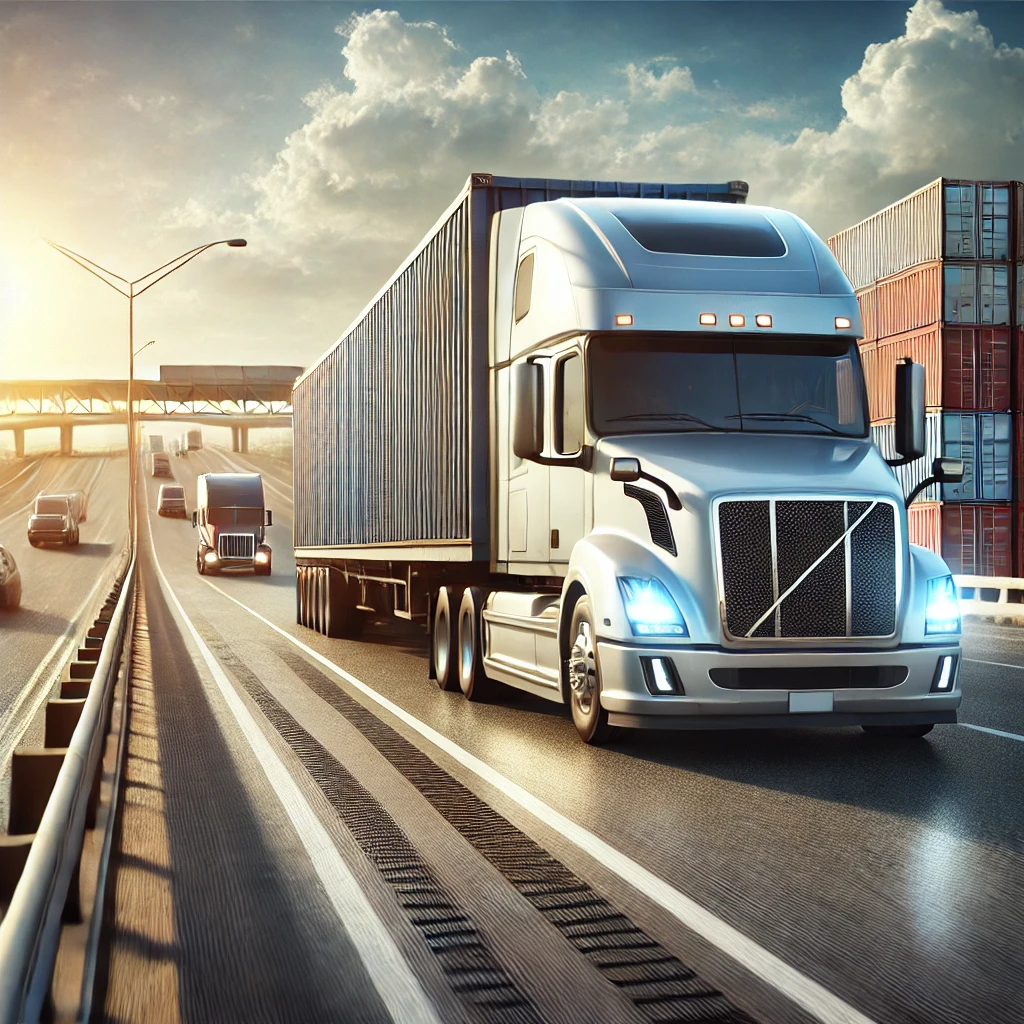Full Truck Load: Comprehensive Guide to FTL Services and Operations

Key Takeaways:
- Full Truck Load (FTL) dedicates an entire truck to one shipment
- FTL offers faster, more direct shipping compared to other methods
- Various types of FTL services cater to different cargo needs
- Technology plays a crucial role in modern FTL operations
- FTL shipping involves complex logistics and regulatory considerations
Introduction to Full Truck Load Services
In the world of logistics and transportation, Full Truck Load (FTL) shipping stands out as a crucial service for businesses moving large quantities of goods. But what exactly does full truck load mean in practice, and how do FTL services operate? This comprehensive guide will explore the ins and outs of FTL shipping, from the types of services available to the cutting-edge technologies that power modern FTL operations.
Types of FTL Services Available in the Market
Full truck load shipping isn’t a one-size-fits-all solution. Various FTL services cater to different needs:
- Standard FTL: The most common type, using dry van trailers for general cargo.
- Refrigerated FTL: Also known as reefer service, for temperature-sensitive goods.
- Flatbed FTL: For oversized or oddly shaped cargo that doesn’t fit in enclosed trailers.
- Intermodal FTL: Combines truck transportation with other modes like rail or sea.
- Expedited FTL: For time-critical shipments requiring faster delivery.
- Hazardous Materials FTL: Specialized service for transporting dangerous goods.
- White Glove FTL: Premium service offering extra care in handling and delivery.
Each of these services plays a unique role in the FTL landscape FTL Services and Operations, allowing shippers to choose the best option for their specific cargo and requirements.
The FTL Shipping Process: From Pickup to Delivery
Understanding the full truck load process helps shippers and receivers better manage their logistics. Here’s a step-by-step breakdown:
- Booking: The shipper requests an FTL shipment, providing details about the cargo and delivery requirements.
- Dispatch: A suitable truck and driver are assigned to the shipment.
- Pickup: The truck arrives at the origin point, and the cargo is loaded.
- Transportation: The truck travels directly to the destination, often without intermediate stops.
- Delivery: Upon arrival, the cargo is unloaded at the destination.
- Documentation: Proof of delivery is provided, completing the shipment.
This streamlined process is one of the key advantages of full truck load shipping, offering efficiency and direct transit.
Equipment Used in FTL Trucking
Full truck load services utilize a variety of equipment to handle different types of cargo:
- Dry Van Trailers: Standard enclosed trailers for general cargo.
- Refrigerated Trailers: Temperature-controlled for perishable goods.
- Flatbed Trailers: Open trailers for oversized or irregularly shaped items.
- Step Deck Trailers: Similar to flatbeds but with a lower deck for taller items.
- Tanker Trucks: For liquid or gas transportation.
- Auto Carriers: Specialized trailers for transporting vehicles.
- Dump Trucks: For loose materials like gravel or sand.
The diversity of equipment ensures that FTL services can accommodate a wide range of cargo types and industries.
Technology in FTL Operations
Modern full truck load services leverage advanced technologies to enhance efficiency and reliability:
- GPS Tracking: Real-time location monitoring of trucks and cargo.
- Electronic Logging Devices (ELDs): Digital recording of driving hours for compliance.
- Route Optimization Software: AI-powered tools for planning the most efficient routes.
- Freight Matching Platforms: Digital marketplaces connecting shippers with carriers.
- Internet of Things (IoT) Sensors: Monitoring cargo conditions like temperature and humidity.
- Blockchain: Enhancing transparency and security in documentation and transactions.
- Predictive Analytics: Forecasting potential issues and optimizing operations.
These technologies have revolutionized FTL trucking, making it more efficient, FTL Services and Operations transparent, and reliable than ever before.
FTL Freight Management and Logistics Coordination
Effective management of full truck load freight requires sophisticated coordination:
- Load Planning: Optimizing cargo arrangement for weight distribution and space utilization.
- Capacity Management: Balancing available trucks with shipping demands.
- Scheduling: Coordinating pickup and delivery times with shippers and receivers.
- Documentation Management: Handling necessary paperwork, including bills of lading and customs documents.
- Performance Monitoring: Tracking key metrics like on-time delivery and cargo integrity.
- Exception Management: Addressing unexpected issues like delays or route changes.
- Cost Management: Optimizing pricing and managing expenses for profitability.
Successful FTL operations depend on seamless coordination of these various elements.

Safety Measures and Regulations in FTL Trucking
Safety is paramount in full truck load shipping. Key safety measures and regulations include:
- Hours of Service (HOS) Rules: Regulations limiting driving time to prevent fatigue.
- Vehicle Maintenance Standards: Regular inspections and maintenance of trucks and trailers.
- Driver Qualification Requirements: Ensuring drivers meet licensing and training standards.
- Cargo Securement Rules: Proper loading and securing of freight to prevent shifting.
- Hazardous Materials Regulations: Special rules for transporting dangerous goods.
- Weight Limits: Adherence to maximum weight restrictions on roads and bridges.
- Safety Technologies: Implementation of features like collision avoidance systems.
Compliance with these measures is crucial for legal operation and overall safety in FTL trucking.
Cross-Border and International FTL Shipping Considerations
Full truck load shipping often crosses borders, adding complexity to operations:
- Customs Documentation: Proper preparation of international shipping papers.
- Compliance with Trade Agreements: Understanding and leveraging trade pacts.
- Border Crossing Procedures: Navigating inspections and entry processes.
- Cabotage Rules: Restrictions on foreign carriers operating within a country.
- Insurance Requirements: Ensuring adequate coverage for international shipments.
- Language and Cultural Considerations: Addressing communication challenges.
- Exchange Rate Management: Handling currency differences in pricing and payments.
These factors make international FTL shipping more complex but also open up global opportunities for businesses.

Specialized FTL Services
Some full truck load services cater to specific needs:
- Temperature-Controlled FTL: For goods requiring constant temperature maintenance.
- High-Value Cargo FTL: Enhanced security measures for expensive or sensitive items.
- Over-Dimensional FTL: For cargo exceeding standard size limits.
- Liquid and Bulk FTL: Specialized tanker services for fluids and loose materials.
- Live Animal Transport: Specially equipped trucks for livestock transportation.
- Pharmaceuticals FTL: Meeting stringent requirements for drug transportation.
- Military and Government FTL: Adhering to specific protocols for official cargo.
These specialized services demonstrate the versatility of full truck load shipping in meeting diverse industry needs.
Sustainability in FTL Transportation
The push for eco-friendly practices is reshaping full truck load operations:
- Fuel-Efficient Vehicles: Adoption of trucks with better mileage and lower emissions.
- Alternative Fuels: Exploring options like electric, hydrogen, and biodiesel trucks.
- Aerodynamic Improvements: Modifying trucks and trailers to reduce air resistance.
- Idle Reduction Technologies: Minimizing unnecessary engine idling.
- Optimized Loading: Maximizing cargo space to reduce the number of trips.
- Green Warehousing: Implementing sustainable practices in logistics facilities.
- Carbon Offset Programs: Investing in environmental projects to balance emissions.
These initiatives are making FTL shipping more environmentally friendly while often reducing costs.
Case Studies: Successful FTL Operations
Real-world examples illustrate the impact of effective full truck load strategies:
- E-commerce Giant’s Dedicated FTL Network: How Amazon optimized its supply chain with FTL.
- Automotive Just-In-Time Delivery: Toyota’s use of FTL for efficient manufacturing.
- Grocery Chain’s Temperature-Controlled FTL: Walmart’s fresh food distribution system.
- Pharmaceutical Company’s Secure FTL: Pfizer’s vaccine distribution during the pandemic.
- Construction Material FTL Logistics: Home Depot’s building supply transportation network.
These cases demonstrate how various industries leverage FTL for competitive advantage.

Future of FTL Services: Automation, AI, and Emerging Technologies
The future of full truck load shipping is being shaped by cutting-edge innovations:
- Autonomous Trucks: Self-driving vehicles for long-haul FTL routes.
- Platooning Technology: Linking multiple trucks for improved fuel efficiency and safety.
- AI-Powered Logistics Planning: Advanced algorithms for optimal route and load planning.
- Drone Integration: Using drones for last-mile delivery in conjunction with FTL.
- 5G and Edge Computing: Enhancing real-time communication and data processing.
- Augmented Reality in Warehousing: Improving loading and unloading efficiency.
- Predictive Maintenance: Using data analytics to prevent vehicle breakdowns.
These technologies promise to make FTL shipping even more efficient, safe, and sustainable in the coming years.
Conclusion: The Evolving Landscape of Full Truck Load Shipping
Full truck load shipping continues to be a cornerstone of modern logistics, adapting to new technologies, regulations, and market demands. From its basic definition as a dedicated shipping method to its complex operations involving advanced technologies and specialized services, FTL offers businesses a powerful tool for efficient and reliable transportation of goods.
As we’ve explored, the world of full truck load shipping is diverse and dynamic. It encompasses a wide range of services, from standard dry van transport to specialized temperature-controlled and hazardous materials handling. The integration of cutting-edge technologies like GPS tracking, IoT sensors, and AI-powered logistics planning is revolutionizing how FTL operations are managed and executed.
Looking to the future, the FTL industry is poised for further transformation. Emerging technologies like autonomous trucks and drone integration promise to reshape the landscape of freight transportation. At the same time, a growing focus on sustainability is driving innovations in fuel efficiency and alternative energy sources.
For businesses relying on efficient supply chains, understanding and leveraging the full potential of FTL shipping is crucial. Whether you’re a shipper, carrier, or logistics professional, staying informed about the latest developments in full truck load services and operations is key to maintaining a competitive edge in today’s fast-paced global market.
As the world of logistics continues to evolve, full truck load shipping will undoubtedly remain a critical component of efficient and effective supply chain management, adapting and innovating to meet the challenges of tomorrow’s transportation needs.
